Switzerland’s global role in fighting malaria
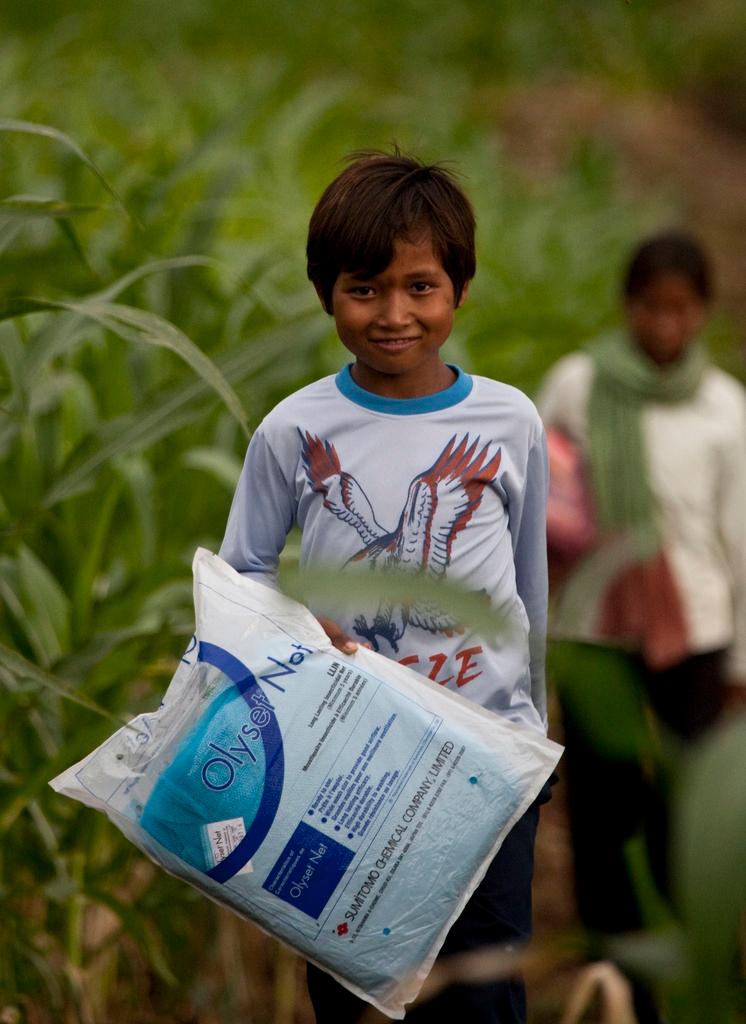
Each year, some half a million people die of malaria around the world, with particularly high fatality rates among children. Switzerland is a world leader in research to combat the disease.
The World Health Organization’s (WHO) goal is to reduce incidences of malaria by 90% by 2030 – an ambitious target. Indeed, the number of malaria infections has recently increased once again; over 200 million people now contract the disease each year.
The exact reason for the uptick is unclear. Thomas Gass, deputy director of the Swiss Agency for Development and Cooperation (SDC), believes that it could be due to increased travel worldwide. With more movement, the pathogen can be transported back to areas that were previously considered malaria-free.
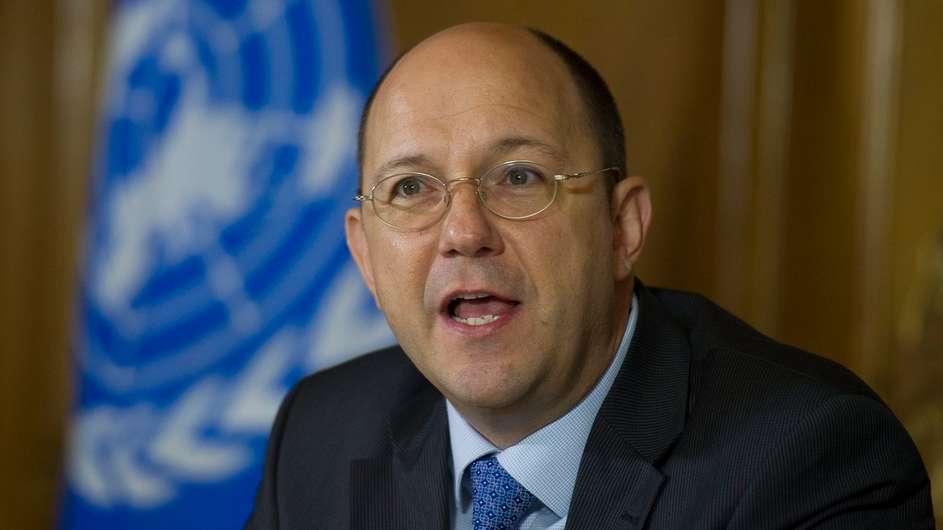
Various projects spear-headed by the SDC are also at the forefront of Switzerland’s global fight against the disease. “In Tanzania, for example, we support integrated programmes,” says Gass. “It’s about informing the population, distributing mosquito nets, and strengthening research institutes.”
The success in Tanzania has been impressive. Within 15 years, malaria infections have been reduced by half. Gass estimates that 60,000 children in Tanzania alone have been saved from malaria death each year.
Children are particularly impacted by malaria: according to WHO, 90% of all victims are under five years old. Malaria is also a typical disease associated with poverty, says Gass. Those affected would often have no way to be protected or treated without external support.
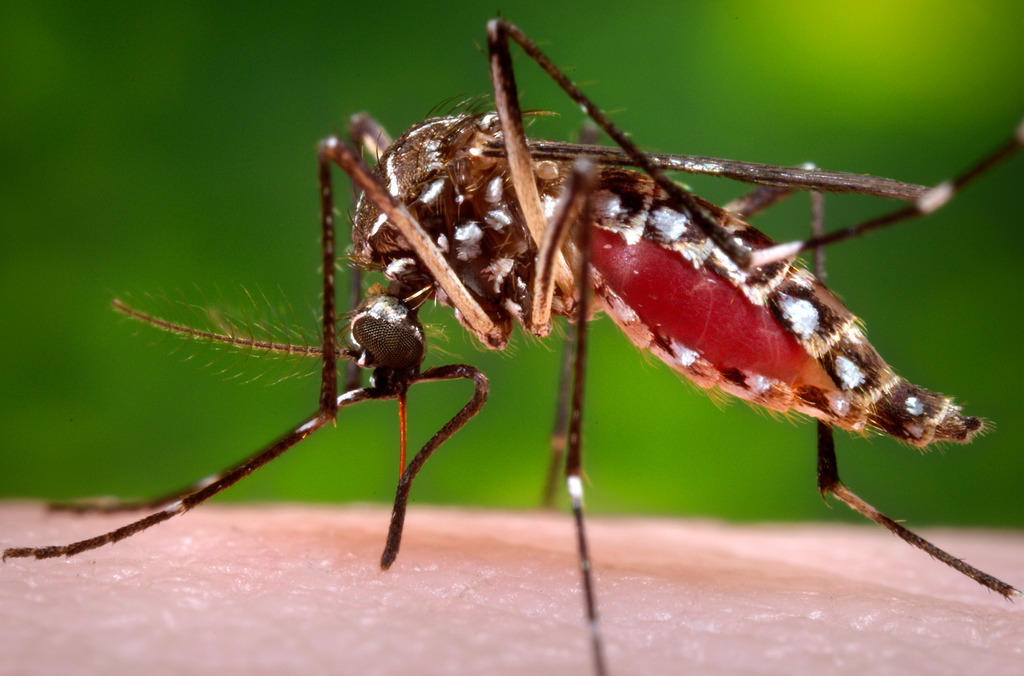
More
Swiss scientists find ‘Achilles heel’ of malaria parasite
Switzerland as an ‘innovation hotspot’
Switzerland is also a world leader when it comes to innovation and research against malaria – notably efforts to develop an effective vaccine.
According to Carole Küng, managing director of the Swiss Malaria Group network, the main reason for this is that in addition to an important pharmaceutical industry, numerous governmental and non-governmental organisations involved in the fight are also based in Switzerland.
One in particular is the Swiss Tropical Health InstituteExternal link, which brings together research, services, and education to improve health mainly in low and middle-income countries. The TPH is located in Basel, a pharmaceutical hub, where it is affiliated with the University.
Malaria, mainly transmitted by mosquito stings, can cause fever, chills, headaches, muscle aches and (occasionally) vomiting and diarrhoea.
According to the Federal Office of Public Health, the time between the mosquito bite and the onset of symptoms can vary between six days and several years.
The parasites transmitted by the sting multiply first in the liver and later in the red blood cells, which they destroy.

In compliance with the JTI standards
More: SWI swissinfo.ch certified by the Journalism Trust Initiative
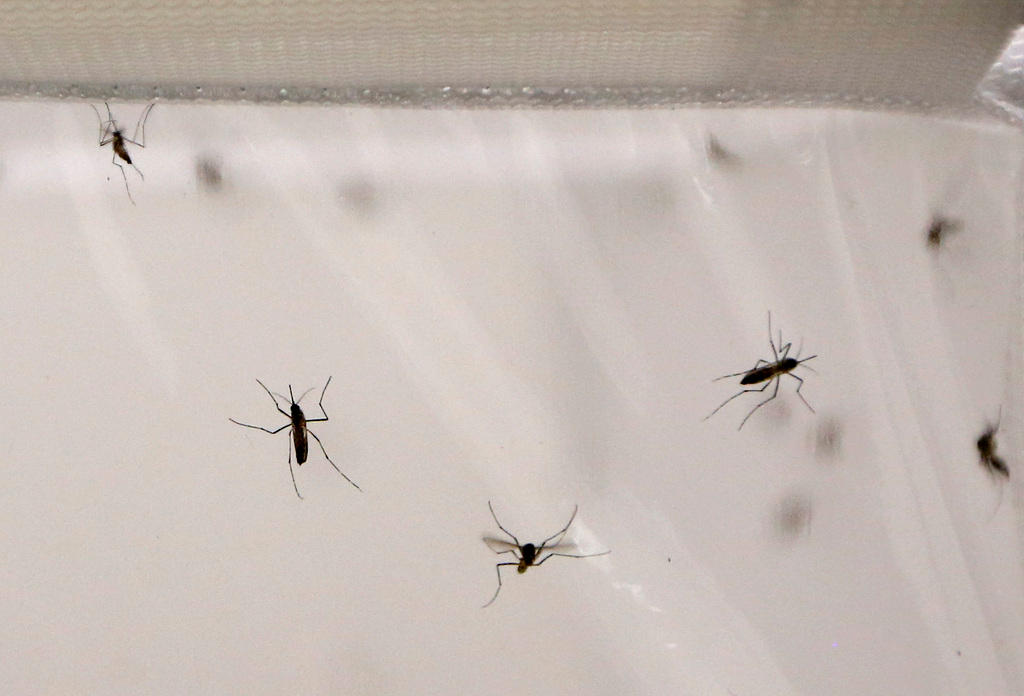
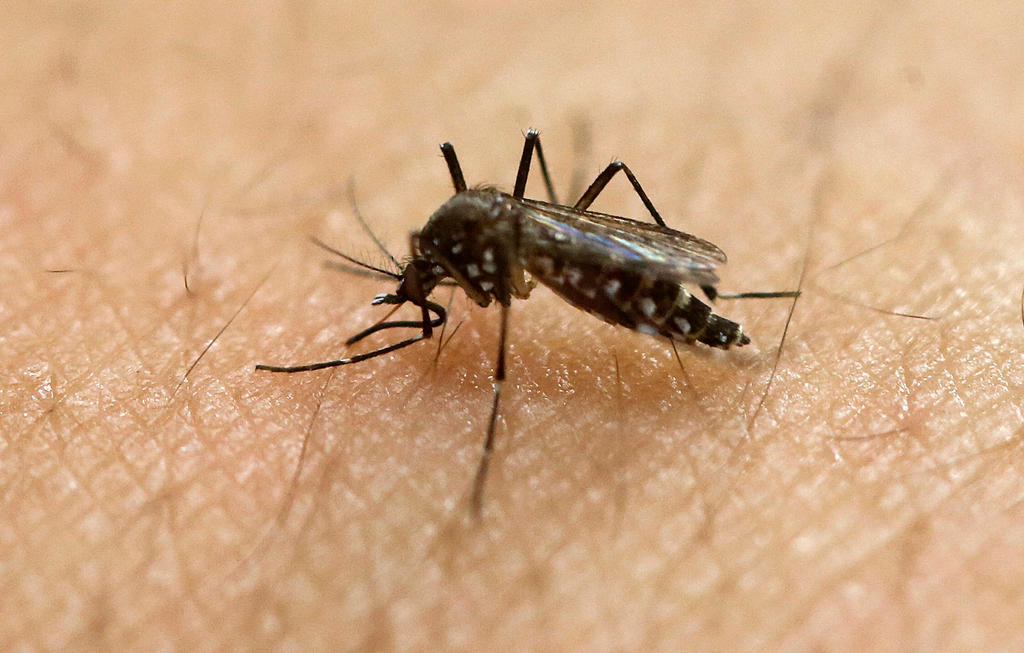
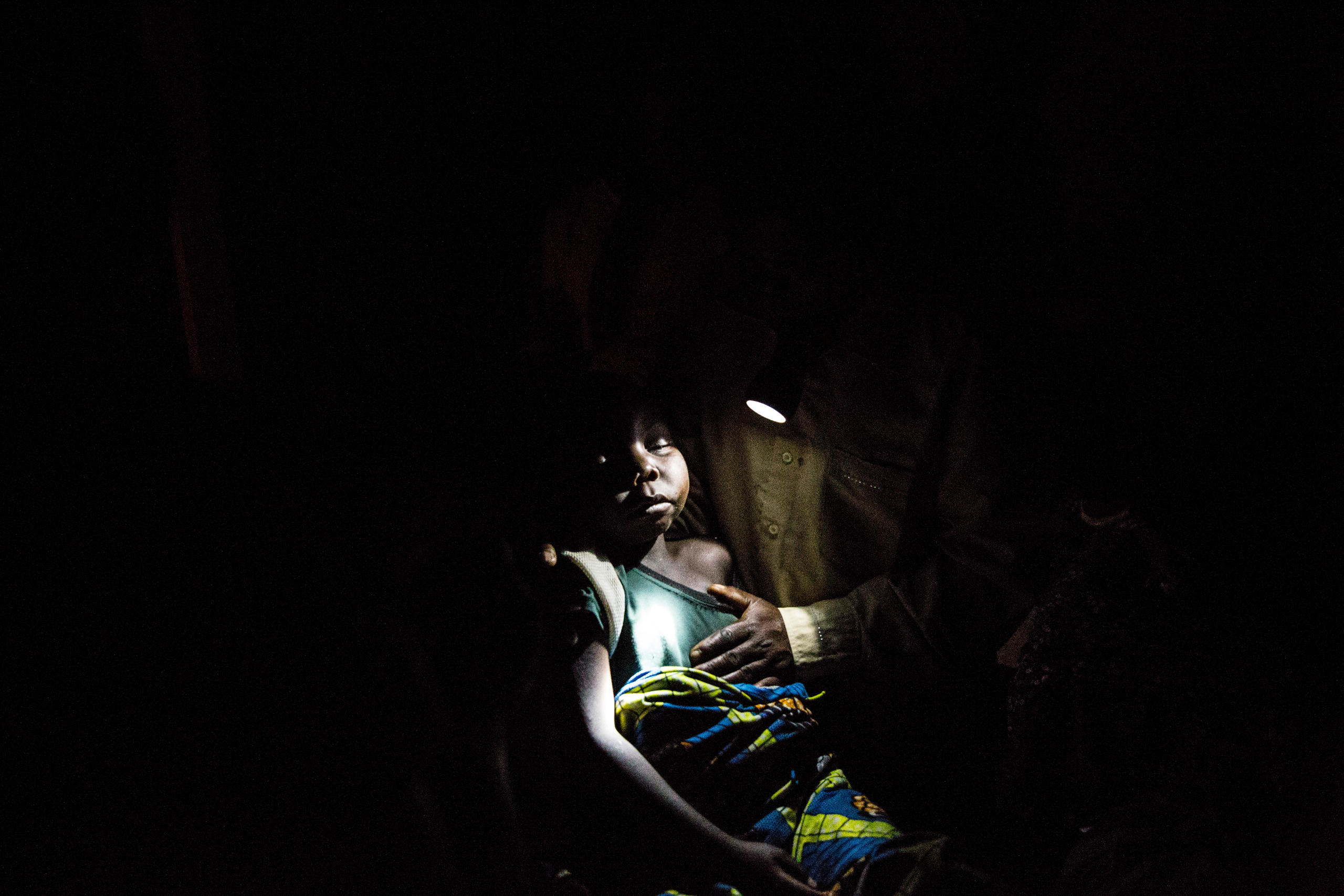
You can find an overview of ongoing debates with our journalists here. Please join us!
If you want to start a conversation about a topic raised in this article or want to report factual errors, email us at english@swissinfo.ch.